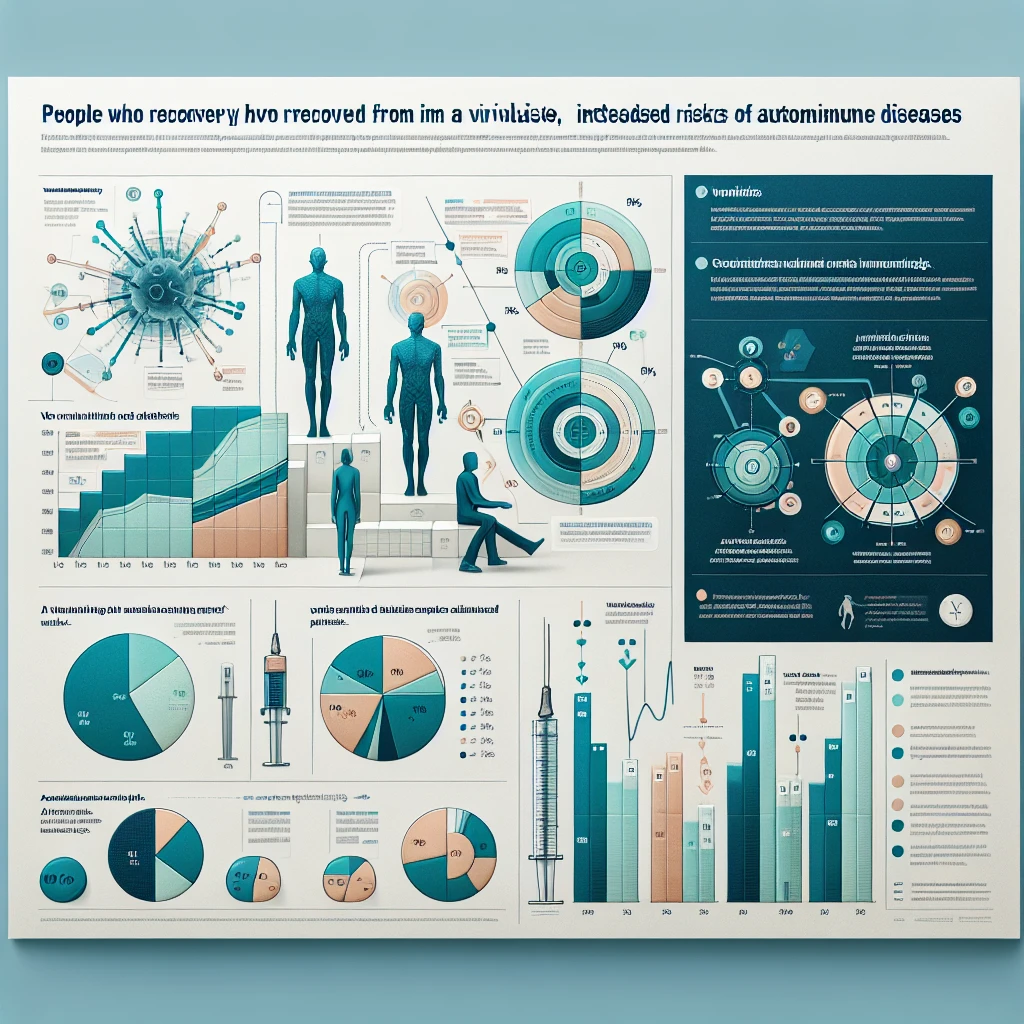Business
Third Eye: Business Efficiency as New Mantra - Weekly Voice
By Jack Simpson
April 28, 2024

In the bustling city of New Delhi, efficiency is not just a concept but a practice deeply ingrained in its culture and work ethic. Efficiency has been traditionally defined as the measure of productivity per unit of time, and it was believed to be directly linked to an employee's attitude towards work, quality management that includes strong supervision, and an unbiased system for performance evaluation.
However, with changing times, there has been a significant evolution in this understanding. The role of the workplace environment is now acknowledged not only in terms of the physical equipment provided to employees but also the atmosphere within which they operate. A harmonious and peaceful environment can significantly boost an individual's ability to balance their personal life with professional commitments.
The perception of supervision too has shifted from being seen as intrusive oversight to more nurturing guidance by superiors who are readily available when needed by their subordinates. This shift encourages participative management, where each member works towards common organizational goals.
Performance evaluations have become increasingly nuanced, involving three key aspects: knowledge-based decision-making, a complete understanding of each subordinate’s circumstances beyond work, and differentiating between brilliance (innate talent) and diligence (hard work). It is crucial for leaders to maintain transparency and fairness during these evaluations while avoiding bias or favoritism.
An important task for human resource departments today involves up-skilling employees who show potential through special training programs, thereby enhancing overall productivity levels without necessarily increasing headcount or resources deployed.
Cost-effectiveness remains underutilized, largely due to prevalent notions linking investment directly with growth and profitability. However, cost-effective practices could potentially increase profitability if implemented correctly since they optimize the use of resources—manpower, materials, or money—without compromising on output levels.
Time is considered as valuable as traditional assets like manpower or funds in today's fiercely competitive business world. Organizations must strive for cost-effectiveness even when resources are plentiful because efficient utilization inherently increases productivity over time, eventually leading to sustainable growth trajectories.
The advent and rapid advancement of information technology have added a new dimension to this discussion. Instant online communications and business transactions have not only pushed competitiveness to global levels but also provided early-bird advantages for those who can leverage data analytics effectively.
Artificial intelligence (AI) represents a new frontier in IT, opening up opportunities for growth while posing challenges around employment prospects. But the consensus is that AI will create more jobs than it eliminates by fostering newer industries and extending existing ones across sectors like healthcare, education, entertainment, pharmaceuticals, and governance.
Despite these potential benefits, AI applications are not without their risks; financial fraud or misuse of deep fakes already pose serious threats. Thankfully, world powers, including India, are working together to mitigate these perils, which do not undermine the promise that artificial intelligence holds for human life.
AI has significantly expanded the knowledge economy's frontiers by combining past and present data with predictive analytics capabilities beyond human capacity. This allows businesses unprecedented access to insights about market trends, customer demands, or competitor strategies, aiding strategic decision-making processes.
In conclusion, efficiency remains central to success, especially in today's globally connected business environment where IT and AI enable organizations to deliver on commitments satisfactorily across all stakeholders. It is crucial, therefore, that leaders equip themselves adequately, either through personal learning or by assembling top-notch professional teams capable of harnessing these technologies towards achieving organizational goals.
As we continue exploring marvels resulting from the combined efforts of human minds aided by machines, let us celebrate advancements brought about by combining 'knowledge' with 'efficiency'.
LATEST ARTICLES IN Business
Isuzu Invests $30M in Gatik for Autonomous Logistics by 2027.
CEO of Leading Fitness Firm Suspended Amid Federal Investigations.
Exploring Aesthetics & Techniques in Print Artistry.
BM Technologies Q1 2024 Earnings Announcement & Webcast.
Join Our Newsletter
Popular Articles
-

Mar 13, 2024
Anyone But You - A Romantic Comedy Surprise of 2023 -

Feb 01, 2024
AI Company About to Revolutionize the Medical Space? -

Mar 20, 2024
COVID-19 Survivors at Risk for Autoimmune Diseases -

Jan 27, 2024
Get Rich in a Year with These 3 Coins!




